You might have heard that following the keto diet can help you lose weight fast. But that’s not the only thing that can happen when you drastically slash your carbs and up your fat and protein.
Indeed, there might be some keto diet side effects that you aren’t aware of. Some of them are positives, but a few could be unpleasant—or even dangerous. Here’s what you should know before starting the diet.
Indeed, there might be some keto diet side effects that you aren’t aware of. Some of them are positives, but a few could be unpleasant—or even dangerous. Here’s what you should know before starting the diet.
1You might start out feeling tried and sick
Keto flu is a thing, people. Cutting your carbs to the bone and going into a state of ketosiscan bring on a cluster of uncomfortable symptoms—like headaches, fatigue, muscle aches, nausea, and diarrhea. The side effects are the result of your body transitioning to using fat as its primary source of energy instead of carbs, explains Kristen Mancinelli, RD, author of The Ketogenic Diet. Once it adapts to the new fuel source (usually within a week or two), you’ll start to feel better.
2You’ll lose weight fast, but some of it might come back
Keto diets are notorious for delivering a quick initial slim down. That’s because carbs hold on to more water than protein or fat, says Becky Kerkenbush, RD, a clinical dietitian at Watertown Regional Medical Center. So when you basically stop eating them, all that extra H2O gets released through urination. As a result, the scale might read a few pounds lower, and you may look a bit leaner.
That first drop might be mostly water weight. But research suggests that keto diets are good for fat loss, too. An Italian study of nearly 20,000 obese adults found that participants who ate keto lost around 12 pounds in 25 days.
The problem? There aren’t many studies looking at whether the pounds will stay off long-term, researchers note. Most people find it tough to stick with such a strict eating plan, says Seattle-based nutritionist and Academy of Nutrition and Dietetics spokesperson Ginger Hultin. And if you veer off your diet, the pounds can easily pile back on.
3You might feel less hungry
Weight loss often means feeling hungrier and fighting off more cravings. But that doesn’t always seem to be the case when you go keto. People report less hunger and a diminished desire to eat after adopting a ketogenic diet, found an analysis of 26 studies. Experts don’t fully understand why, but it’s thought that very low carb diets could suppress the production of hunger hormones like ghrelin.
4You’ll probably feel extra thirsty
Don’t be surprised if you find yourself parched while you’re on the ketogenic diet. Excreting all that extra water will likely cause a spike in thirst—so make it a point to drink up, Mancinelli advises. There’s no hard and fast recommendation for how much water you should be having on a keto diet. But in general, aim to drink enough so your urine is clear or pale yellow.
5Your skin might clear up
Plagued by pimples? You may start to notice a difference on a keto diet, especially if you were a former sugar addict. Consuming lots of empty carbs is linked to worse acne—in part because these foods trigger inflammation and signal the release of hormones that up the production of pore-clogging oils, according to a review published in the Journal of the Academy of Nutrition and Dietetics. But some findings suggest that curbing your carb intake could help solve these problems—and as a result, improve your skin.
6You might get a little backed up
Constipation is a common side effect of low-carb eating plans, including ketogenic diets. Why? Severely curbing your carb intake means saying goodbye to high-fiber foods like whole grains, beans, and a large proportion of fruits and vegetables, Hultin says. Combine that with the fact that your body is excreting more water, and you have a potential recipe for clogged pipes.
The good news is that there are ways to help keep things moving. You can still get some fiber from keto-friendly foods like avocado, nuts, and limited portions of non-starchy vegetables and berries, says David Nico, PhD, author of Diet Diagnosis. Upping your water intake helps, too.
The good news is that there are ways to help keep things moving. You can still get some fiber from keto-friendly foods like avocado, nuts, and limited portions of non-starchy vegetables and berries, says David Nico, PhD, author of Diet Diagnosis. Upping your water intake helps, too.
7You may experience less brain fog
It’s no secret that carbs—especially refined ones like sugar, white bread, and white pasta—cause your blood sugar to spike and dip. So it makes sense that eating less of them can help keep things nice and even. For healthy people, this can translate to more steady energy, less brain fog, and fewer sugary cravings, Mancinelli explains.
8It could improve your A1C levels
Diabetic? Better blood sugar control could help control your A1C levels, and even reduce the need for insulin, according to a scholarly review of ketogenic diets. (Just don't go off your meds without speaking to your doctor first!)
The one important caveat? Eating keto also ups the risk for diabetic ketoacidosis—a life-threatening condition where fat gets broken down too fast and causes the blood to become acidic. It’s much more common in people with type 1 diabetes, but if you have T2D and are eating keto, talk with your doctor about what you should be doing to diminish your risk.
9Your kidneys might get stressed
The kidneys play an important role in metabolizing protein—and it’s possible that eating too much can have a negative impact on kidney function. And while ketogenic diets are supposed to be much higher in fat than they are in protein, many keto eaters make the mistake of loading up on lots of meat, Mancinelli says. The result? You could end up eating way more protein than you actually need.
Here’s the tricky part: there’s no definite answer for how much protein you’d have to eat before you run into trouble. “It really depends on how much protein a person is consuming versus how much they need, as well as the health of their kidneys at baseline,” Hultin says. That's why it can be helpful to speak with a nutritionist or doctor who can help you tailor your diet before going keto.
ADVERTISEMENT - CONTINUE READING BELOW
10Your heart disease risk factors could change
The good news: Eating an ultra-low carb diet is linked to a lower rate of obesity and type 2 diabetes along with improved HDL cholesterol, according to a review published in the journal Nutrients. And all of those things can translate to a lower risk for heart disease.
But your heart health might depend on what you actually eat. New England Journal of Medicine findings show that low-carb diets consisting mostly vegetable-based source of fat and protein (like avocado or nuts) can lower the risk for heart disease by 30 percent. But those benefits didn’t hold for subjects who ate mostly animal-based proteins and fats. (Think: bacon, butter, and steak.)
Plus, the American Heart Association still says that going overboard on the saturated fat—which can be easy to do on a keto diet if you eat a lot of meat, butter, and cheese—can up your risk for heart problems. While you're on the keto diet, you should have your cholesterol levels and heart health assessed by a doctor on a regular basis,” Hultin says
But your heart health might depend on what you actually eat. New England Journal of Medicine findings show that low-carb diets consisting mostly vegetable-based source of fat and protein (like avocado or nuts) can lower the risk for heart disease by 30 percent. But those benefits didn’t hold for subjects who ate mostly animal-based proteins and fats. (Think: bacon, butter, and steak.)
Plus, the American Heart Association still says that going overboard on the saturated fat—which can be easy to do on a keto diet if you eat a lot of meat, butter, and cheese—can up your risk for heart problems. While you're on the keto diet, you should have your cholesterol levels and heart health assessed by a doctor on a regular basis,” Hultin says
11The bottom line

.
A keto diet can have some short-term health perks. But in the long run, it also has the potential to create some serious health problems. That’s why many experts say you shouldn’t attempt it on your own. “In general, if a person follows a ketogenic diet, they should only do so for a brief time and under close medical supervision,” says Hultin.


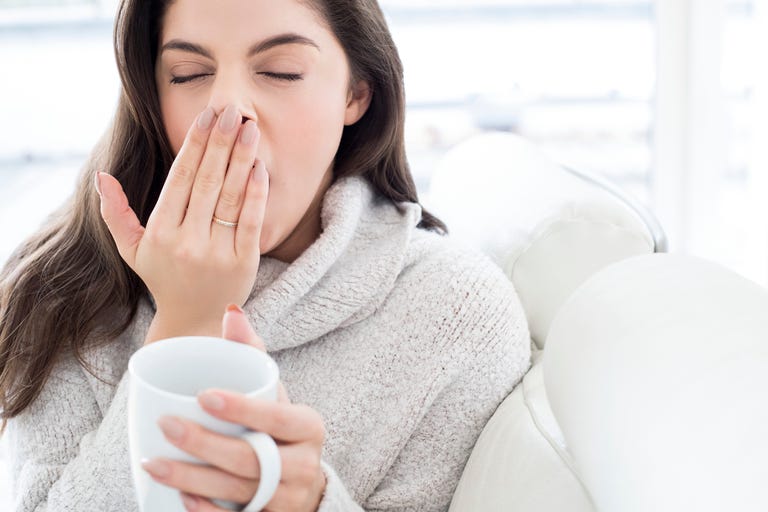

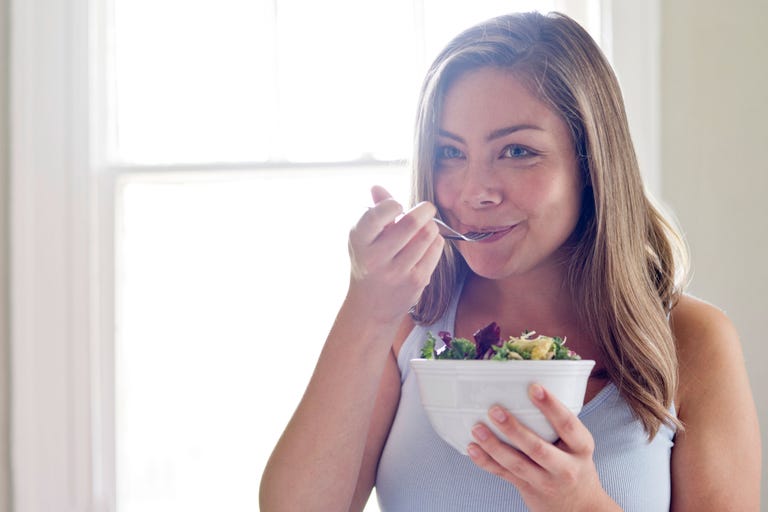

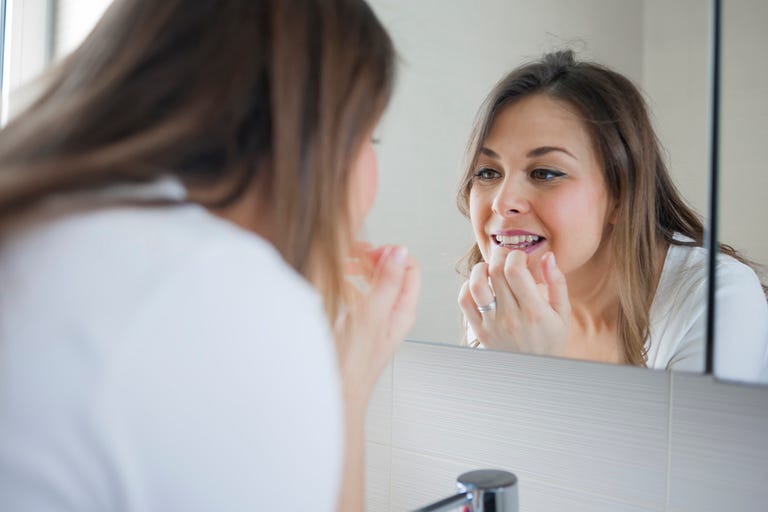
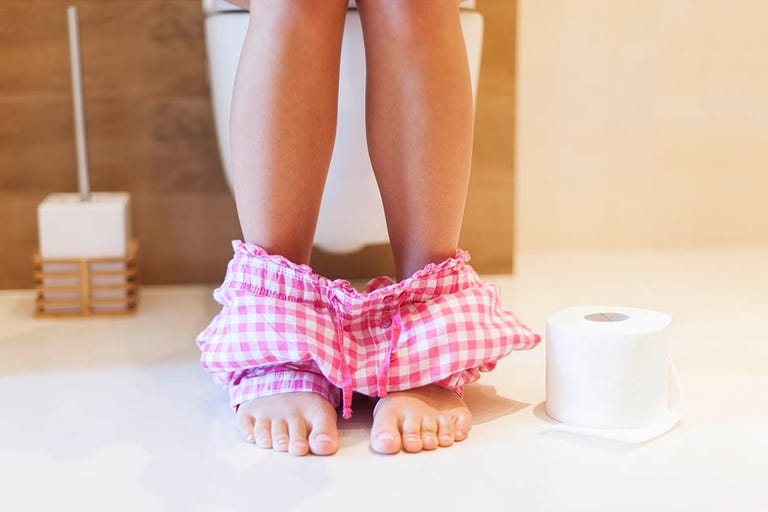

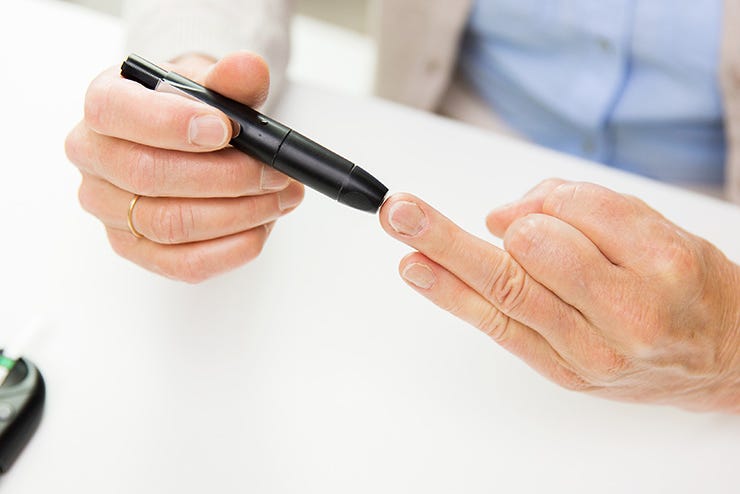
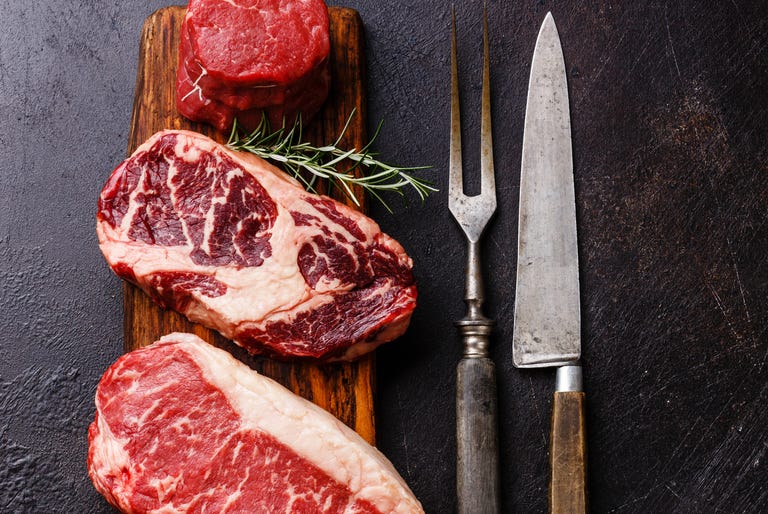
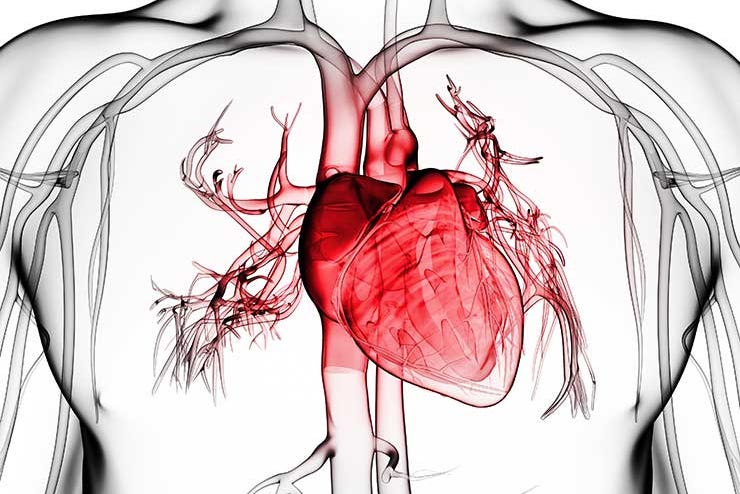

No comments:
Post a Comment